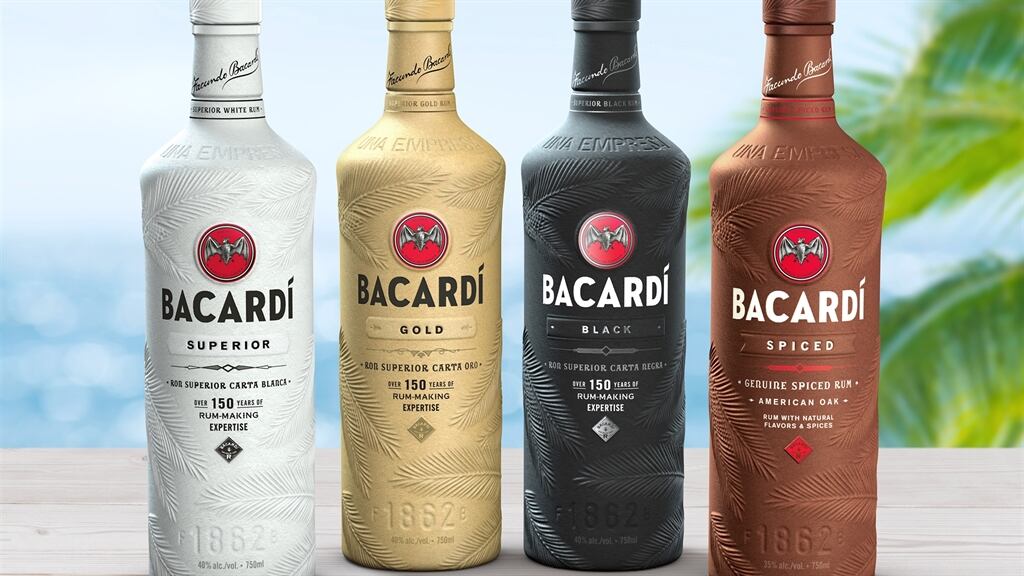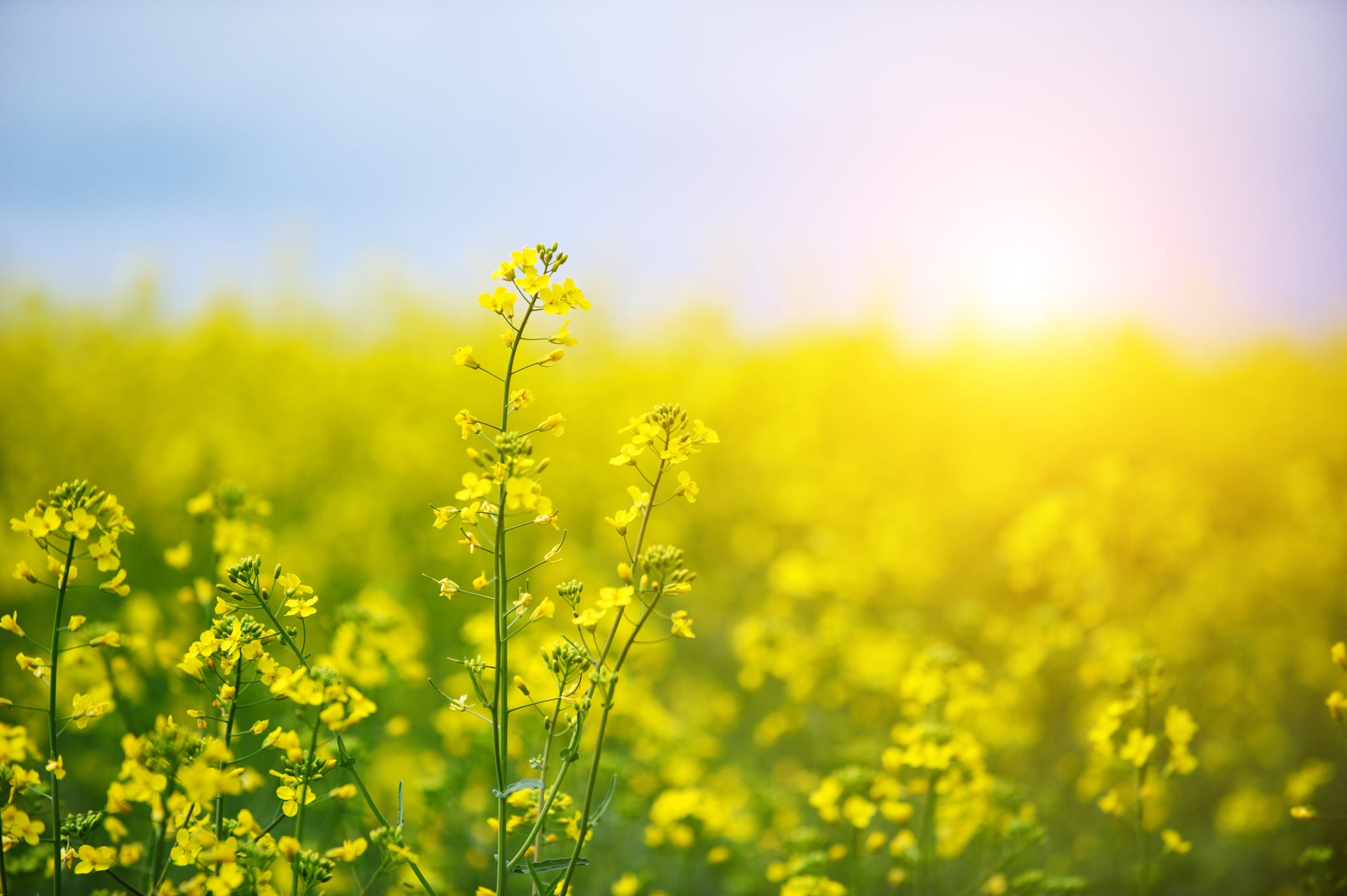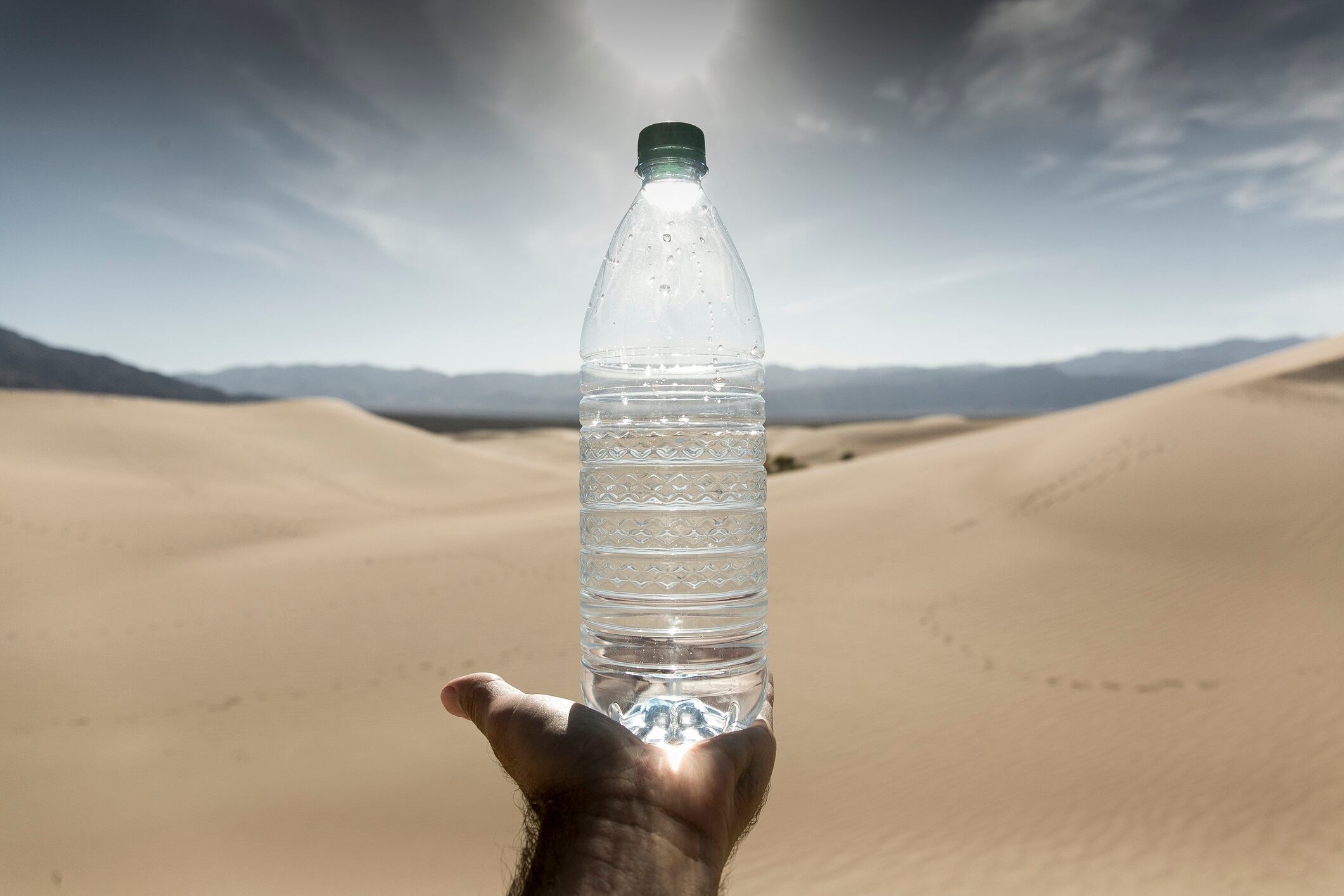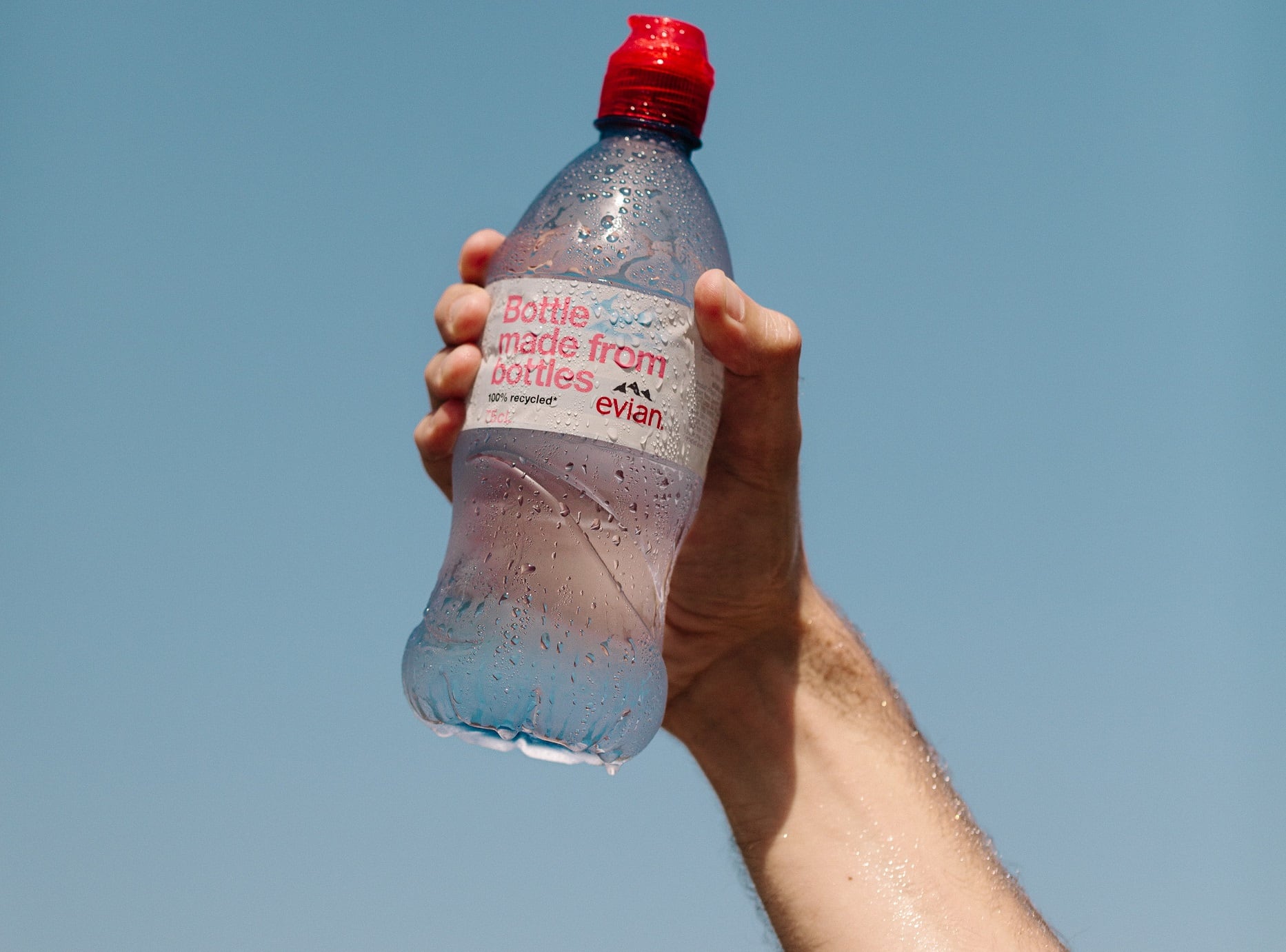Claiming to be the world’s most sustainable spirits bottle and a ‘silver bullet’ against plastic pollution, the new bottle will reach shelves by 2023. It will replace 80 million plastic bottles currently used by Bacardi across its portfolio of brands every year (eliminating around 2,500 tons of plastic).
Seeing potential for the plant-based plastic to be used for paper bottles and cap linings as well, the Bermuda-headquartered spirits giant says it will share the technology with its competitors.
Plastic from plant seeds
Bacardi has collaborated with Danimer Scientific, a US developer and manufacturer of biodegradable products, to create a bottle based on natural oils of plant seeds such as palm, canola and soy.
This Nodax PHA biopolymer from Danaimer is able to biodegrade in a range of environments – including compost, soil, freshwater and sea water – after 18 months (compared to 400 years for a traditional plastic bottle).
Bacardi rum sold in the US will be the first spirit to use the new bottle, before it is rolled out globally to replace single-use plastic across the company’s 200 brands and labels including Grey Goose vodka, Bombay Sapphire gin, Patron tequila, Martini vermouth and Dewar’s Scotch whisky.
While glass bottles may be the staple packaging format for the company, reducing plastic is still important. "Bacardi is a relatively small producer of plastic waste – in fact, it represents less than 1% of our total waste," a Bacardi spokesperson told BeverageDaily. "Nevertheless, we currently produce approximately 2,500 tons of plastic waste from plastic bottles alone. These bottles range from 1.75L bottles of Bacardí rum to 5cl miniature bottles for a number of our brands.
"It is more expensive to produce these biopolymer bottles, though as economies of scale are reached and use of the technology increases, costs will be reduced. Any additional cost will be absorbed by Bacardi as we believe strongly in doing the right thing for the planet."
Bacardi is also working on a sustainably sourced paper bottle: integrating the Nodax PHA polymer in this design as the waterproof layer.

Biodegradable plastic could also address hidden problem in caps and closures
The new material will also be used to address the plastic lining of bottle closures – ‘one of the beverage industry’s longest-standing plastic problems’. Plastic liners are used widely in metal closures across the entire beverage industry - including screw caps and crown caps - to ensure bottles are properly sealed.
And it's this application that could prove to be the most significant - given that there is currently no alternative material.
"Closure liners and inserts are the most used plastic component in primary packaging and represent more than 600M tons of plastic annually," explained the Bacardi spokesperson.
"On each bottle they represent only a small amount of plastic; but it’s used at such scale across the industry that it adds up to many millions of tons of plastic. Until now there has been no alternative to the petroleum-based plastic liner but our goal is to replace it with a biopolymer alternative by 2023."
Bacardi's Packaging Development Team has begun the R&D process to make the switch to a biodegradable liner.
Sharing the technology with others
Bacardi will have an exclusive agreement with Danimer Scientific on its new bottles for the first 18 months of production. After that, the agreement will no longer be exclusive and it will share the biopolymer design with other companies.
"This will create a virtuous circle, as more companies do the right thing for the planet by swapping harmful plastics for a 100% biodegradable alternative, it will bring down the costs of production, making it a more viable option for even more companies.
"This isn’t about competitive advantage: it’s about doing the right thing for the planet."
Has Bacardi really found the silver bullet?
Bacardi champions its new biodegradable plastic as a ‘silver bullet’ against plastic pollution - so why does it think the tech can stand out against other options such as recycled content / rPET or paper bottles?
With work on the bottle still ongoing, Bacardi isn't able to share exact savings: but says a reduction in energy is one of the factors that puts the bottle ahead.
"Unlike petroleum-based plastic bottles which take more than 400 years to biodegrade, biopolymer derives from the oils of plant seeds such as canola, soy and palm. As such it biodegrades in a wide range of environments in approximately 18 months and disappears without leaving behind harmful microplastics.
"Another major benefit of this new bottle is the fact that unlike a regular plastic bottle which is created from crude oil, a non-sustainable source, biopolymer is created from a renewable source, plant seed oil. Manufacturing petroleum-based plastics also generates significant greenhouse gas emissions. We will know the exact energy saving from the biopolymer bottle once the R&D has been completed."
Scott Tuten, chief marketing and sustainability officer, Danaimer Scientific, adds: "We believe PHA is the most sustainable polymer available today: both in terms of its renewability and biodegradability.
"PHA is made by bacteria when they are introduced to a nutrient rich environment, such as canola oil, which means that it is renewable. When PHA is exposed to bacteria and fungi in the environment, these microorganisms will feed off the material until it disappears. It offers a life cycle and functionality that is unmatched by other polymers. Not only that, but it looks and feels like the plastic that consumers are used to using. PHA can be recycled in addition to being biodegradable and offers both as an end of life."
Bacardi has set the goal of being plastic-free in the next 10 years. As well as launching the new biopolymer bottle in 2023, the company has also committed to removing all its non-essential, single-use plastic, including all plastic gift box materials and plastic point-of-sale materials, in the next three years.
The technology
Nodax PHA, medium-chain-length polyhydroxyalkanoates (mcl-PHA), was verified as a ‘truly biodegradable alternative to petrochemical plastics’ by the University of Georgia (UGA) and the UGA New Materials Institute in a 2018 study. Danimer Scientific is already using the material for a wide range of applications, including thermoformed trays, drinking straws, flexible and multi-layer film packaging, coatings, disposable cutlery, and more.
Danimer purchased the intellectual property for Nodax from Procter & Gamble in 2007.
“Nodax PHA is one of the most promising eco-friendly materials in the world today because it delivers the biodegradability that consumers demand without losing the quality feel they receive from traditional plastic,” said Tuten of Danimer Scientific. “The material provides the best of both worlds, and we look forward to working with Bacardi and incorporating PHA into their iconic packaging.”
Nodax PHA is FDA-approved for food contact. It will biodegrade in home composts without leaving microplastics, according to the company.
"Ideally, the [Bacardi] bottle will be disposed of in home compost bins or industrial compost environments. In certain landfills the material can still biodegrade, like food waste. In sealed landfills, it will persist for a long time, but you are still replacing fossil based carbon with renewable carbon. If the bottle is disposed of improperly, it will break down much faster in the environment as opposed to a traditional PET bottle."
Bacardi is not alone in seeking out new technology for its bottles. Absolut vodka is trialling a paper bottle prototype in the UK and Sweden; while Carlsberg is exploring similar technology.



